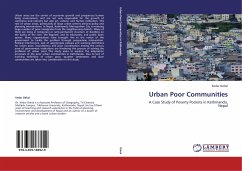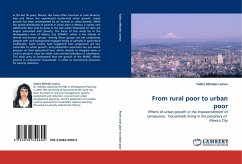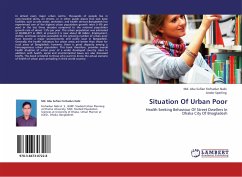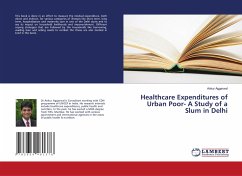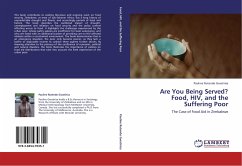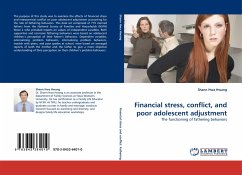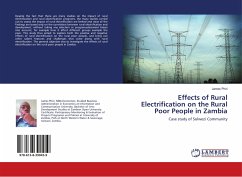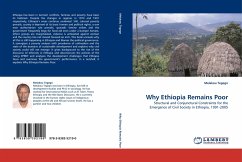Urban areas are the center of economic growth and prosperous human living environment, and are not only responsible for the growth of commerce and industry but also art, culture, and human civilization. This role of urban areas, particularly of large urban centres attracts policy and planning interventions. In Nepal, Kathmandu Metropolitan City is receiving large number of poor immigrants from the neighbouring districts. Many of them are living in temporary or semi-permanent structure of dwelling on the banks of the river the Bagmati and its tributaries, and public open spaces. Many organizations have brought this to the notice of the government to tackle the problem through programme intervention. Political interference, lack of appropriate policies and working definitions for urban poor, inconsistency and poor coordination among the various arms of government institutions are hindering the process of solving the problems of urban poor. This study seeks to explore the adaptationprocesses of the poor urban communities in Kathmandu. Due to lack of working definition of urban poor, squatter settlements and slum communities are taken into consideration in this study.
Bitte wählen Sie Ihr Anliegen aus.
Rechnungen
Retourenschein anfordern
Bestellstatus
Storno

